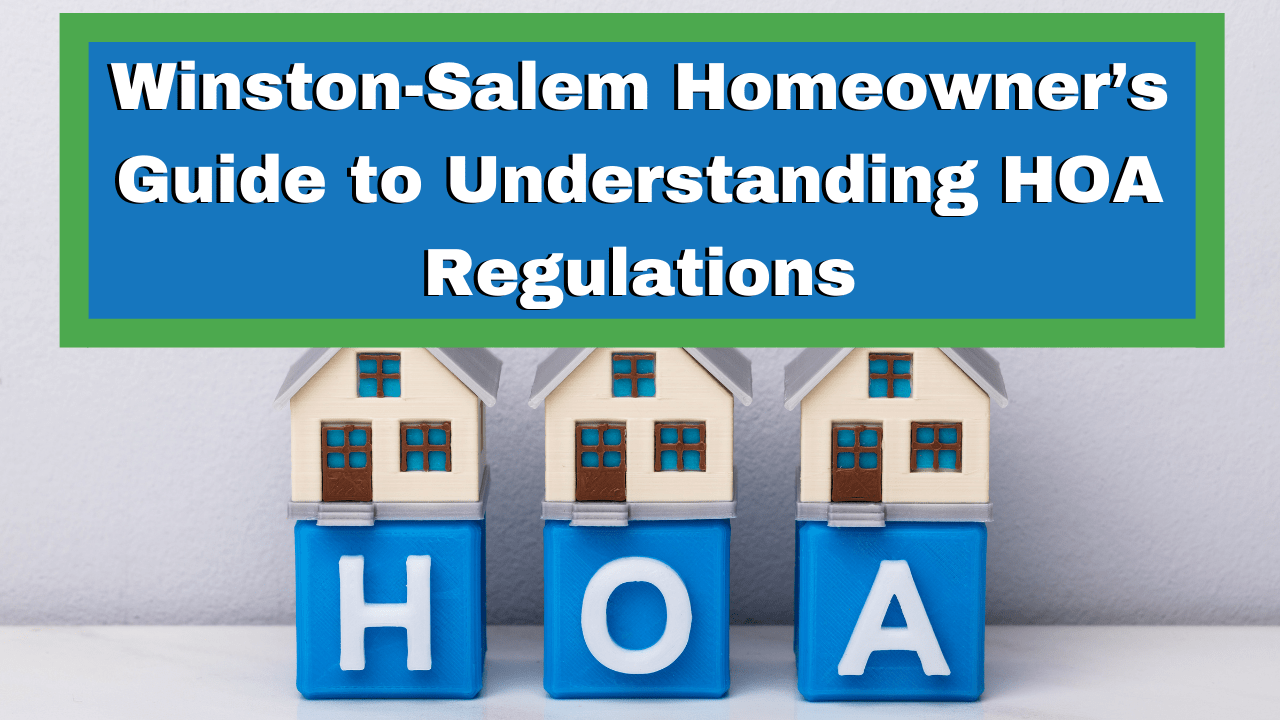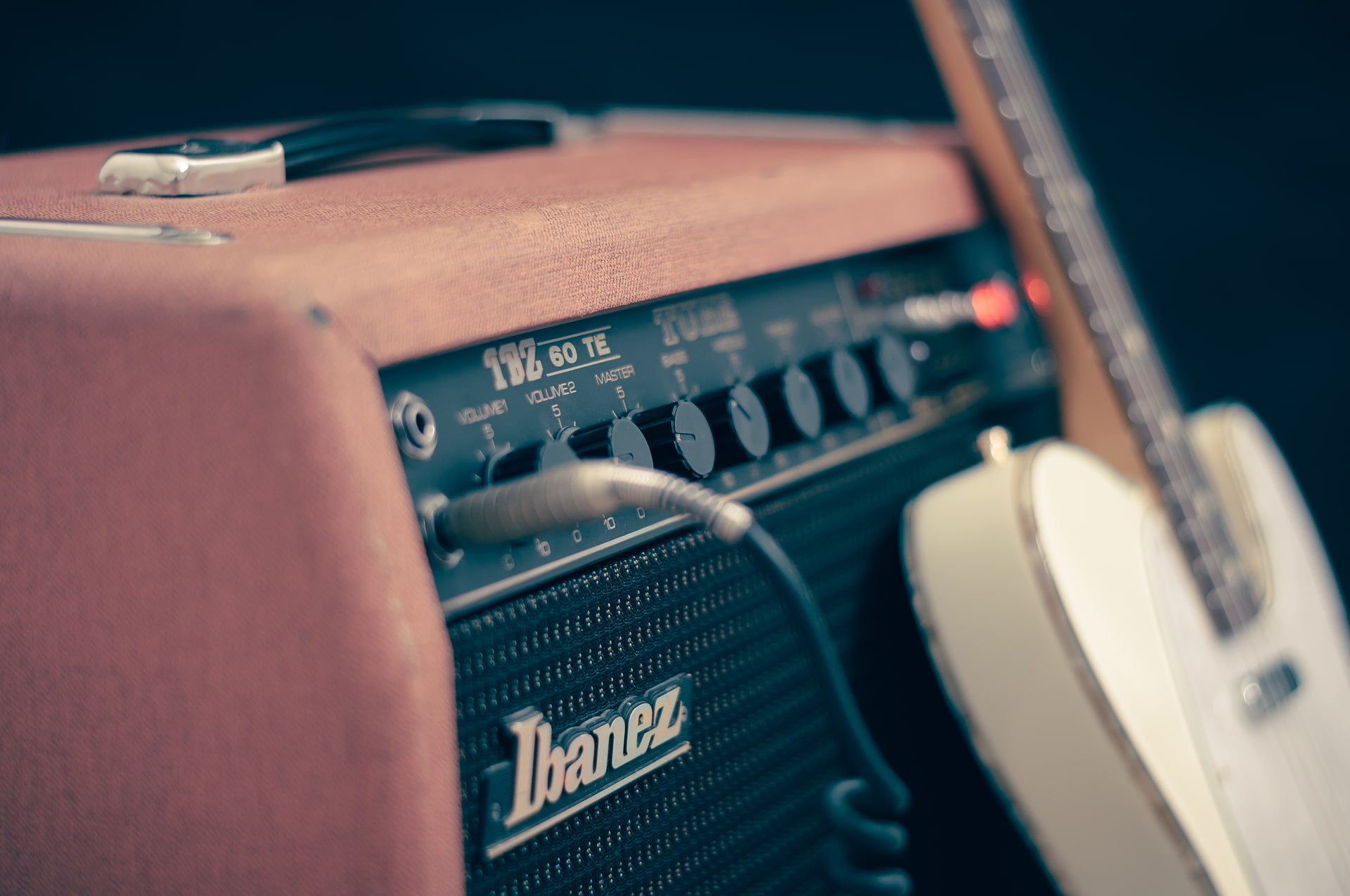 Buying a property in an HOA can be a great idea. Whether you are planning to live in the home yourself or rent it out as an investment property, they are usually new, in excellent condition, and attractive to people who want to live in a desirable neighborhood.
Buying a property in an HOA can be a great idea. Whether you are planning to live in the home yourself or rent it out as an investment property, they are usually new, in excellent condition, and attractive to people who want to live in a desirable neighborhood.
There are some unique challenges that come with being a homeowner in an HOA, and you’ll need to be prepared to comply with rules and regulations in the bylaws and governing documents. There’s also an HOA fee and additional assessments that come with homeownership.
Today, we’re looking at some of the things that HOA regulations can influence.
Purpose of Your HOA
The HOA is responsible for maintaining all commonly owned property in a community. That might include amenities like a clubhouse, pool, or basketball court. It could be a few acres of untouched green space or even a retention basin. The HOA maintains, insures, and protects those areas. Without the association, every owner in your community would be responsible for these spaces.
The HOA also exists to maintain your property value. The rules enacted by the governing body keep the properties looking pristine and the property values intact.
Landscaping and Exterior Spaces
One of the most common regulations you’ll find within any HOA is what type of paint and trim can be used on the exterior of a house. Some HOAs will have a list of paint colors that are acceptable. Some will require that you submit your preferences for approval before you paint the outside of your home.
Your HOA can also regulate landscaping. For example, some HOAs won’t allow residents to have private vegetable gardens. Other HOAs are very strict about how high the lawn can be. Homeowners often complain about violations because of weeds or overgrown flower plots. You can expect your HOA to regulate the types of outdoor landscaping you have, and whether a fence is allowed.
Community Structures and Outdoor Buildings
If you’re planning to put a shed in your backyard, check with your HOA first. They can regulate any of the structures that are on the exterior of your home. Each association has different rules. Maybe a shed isn’t a problem, or maybe the size will be restricted. Sometimes, they’re not permitted at all. The HOA can dictate how large the shed is, what color it is painted, and where on your property it can be placed. They can also regulate mailboxes and swing sets as well as holiday decorations and political yard signs.
Regulating Pets and Children
The HOA can determine whether pets are allowed, so make sure you check a community’s pet policy before you buy a home. There may be restrictions on sizes and breeds. Some communities allow all animals, but only one per household. It will depend on your association.
You might need to provide proof of extra liability insurance if you move in with dogs, especially if they’re considered dangerous breeds.
If you’re buying a property in a retirement community, you may not be allowed to have children in the home. Each association has different rules, but some age-restricted communities require that all residents are 55 or older and others require at least one resident to be 55 years of age.
Noise and Nuisances
 The HOA can also regulate things like noise. Loud parties or disruptive music can result in a violation. Behavior at communal amenities such as fitness centers and swimming pools is also regulated. There may be opening and closing hours that need to be respected, dress codes, and a code of conduct.
The HOA can also regulate things like noise. Loud parties or disruptive music can result in a violation. Behavior at communal amenities such as fitness centers and swimming pools is also regulated. There may be opening and closing hours that need to be respected, dress codes, and a code of conduct.
It’s important to get to know the expectations and requirements before moving into an HOA community. If you’re running an association, make sure you don’t overstep what you’re allowed to regulate and what you have no control over.
We can talk to you about the specific HOA community you’re considering. Contact our team at Capstone Realty, and we’d be happy to help with property and HOA management in Winston-Salem.
